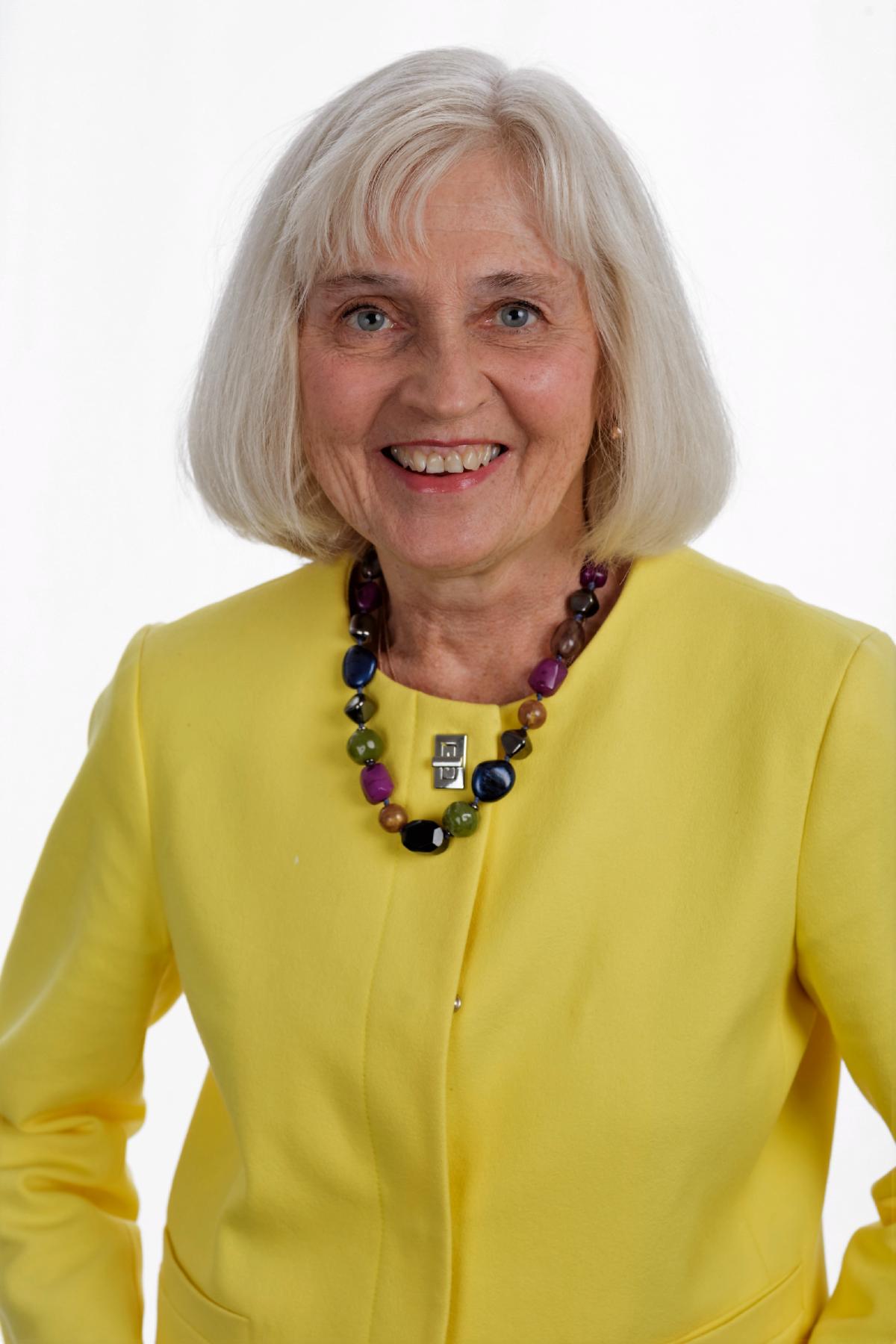This presentation will outline both general principles in pediatric insomnia drug use and the relative pros and cons of the most commonly used medications. An additional focus will be on the potential pitfalls of widespread use of melatonin in the pediatric population. Several case scenarios illustrating common challenges in pharmacologic insomnia management in mental health setting will be presented, including combining behavioral and medication approaches, avoiding polypharmacy and setting appropriate treatment goals and monitoring outcomes.
Target Audience
Physicians (psychiatrists, pediatricians, child neurologists), psychologists, social workers, other mental health clinicians and researchers, and students and trainees.
UPON COMPLETION OF THIS ACTIVITY, PARTICIPANTS WILL BE ABLE TO:
- To summarize the relative pros and cons of current prescription pharmacologic options available for the treatment of pediatric insomnia.
Continuing Education (CE/CEU) Information
PHYSICIANS
The Harvard Medical School is accredited by the Accreditation Council for Continuing Medical Education to provide continuing medical education for physicians. The institution designates this live activity for a maximum of 1.25 AMA PRA Category 1 Credits™. Physicians should claim only the credit commensurate with the extent of their participation in the activity.
PSYCHOLOGISTS
The Children's Hospital Boston Psychology Division is approved by the American Psychological Association to sponsor continuing education for psychologists. This institution maintains responsibility for this program and its content.
SOCIAL WORKERS
The National Association of Social Workers has approved this series for continuing education credits for social workers.

